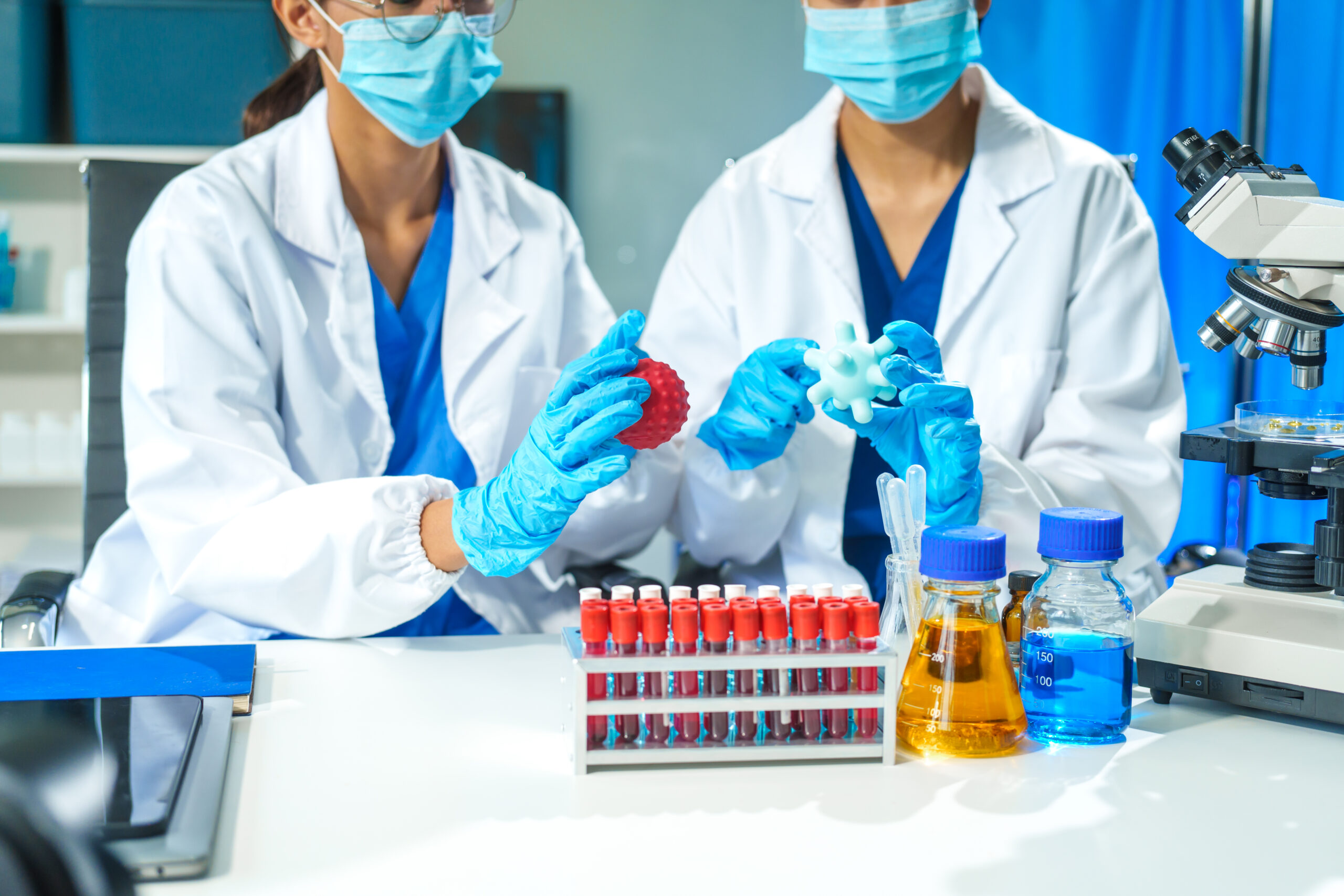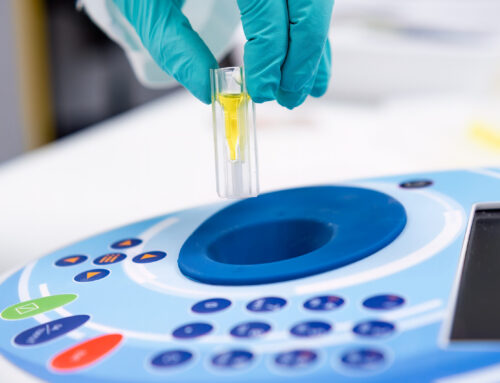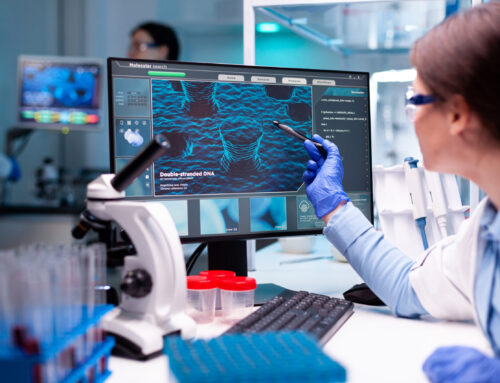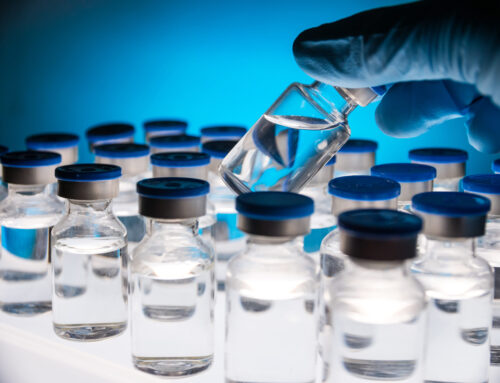In recent years, the term biohacking has gone from a fringe idea to a fascinating movement that’s reshaping how we think about health, medicine, and human potential. But what exactly is biohacking—and why should patients and clinicians care?
Let’s break it down.
What Is Biohacking?
Biohacking is the practice of using science, technology, and self-experimentation to better understand and optimize the body and mind. Biohackers are often health enthusiasts, scientists, or independent researchers who take a hands-on approach to improving wellness, performance, and longevity—outside of traditional medical institutions.
Some focus on simple lifestyle tweaks like diet or sleep. Others explore cutting-edge tools like gene editing, wearable sensors, or microbiome testing.
Examples of Biohacking
Lifestyle & Nutrition
- Intermittent fasting, keto, or anti-inflammatory diets
- Cold plunges or sauna therapy
- Sleep tracking and circadian rhythm balancing
Wearable & Tech Tools
- Continuous glucose monitors (CGMs)
- Smart rings/watches for heart rate variability, sleep, and recovery
- Red light therapy and neurofeedback devices
Advanced Experimental Biohacking
- DIY CRISPR gene editing
- At-home microbiome sequencing
- Personalized supplement stacks based on genetic data or lab tests
- Open-source insulin and peptide therapies
How Biohackers Are Helping Medical Research
While some methods are experimental and not yet validated in clinical settings, biohackers have made surprising contributions to medical science:
1. Democratizing Research Tools
Biohackers often create affordable, open-source lab tools—like portable PCR machines or test kits—that make scientific exploration more accessible.
2. Personalized Data Collection
By self-tracking metrics like inflammation, blood sugar, or gut bacteria, biohackers generate valuable n=1 data that can help guide larger research studies.
3. Fast Innovation & Feedback Loops
They test ideas rapidly and share results openly. This accelerates innovation, particularly in areas like nutrition, sleep science, and metabolic health.
4. Bridging Gaps in Conventional Care
Biohackers often pursue solutions for chronic conditions where traditional medicine falls short—helping inspire new approaches in personalized and functional medicine.
Is Biohacking Safe?
There are benefits, but also important cautions:
- Not all interventions are tested or approved
- Self-experimentation can carry risks
- It’s essential to work with a qualified practitioner when integrating biohacking into your health journey
At its best, biohacking complements—not replaces—medical care, and can support deeper patient engagement, empowerment, and innovation.
How I Help as a Biomarker Consultant
As a molecular oncology and biomarker specialist, I support patients and health-seekers who want more clarity, data, and direction in their healing or optimization journey.
Whether you’re:
- Managing a complex diagnosis
- Recovering after cancer treatment
- Looking to prevent disease using functional biomarkers
- Or interested in safe, data-backed biohacking strategies
…I’m here to help you navigate testing options, interpret your results, and create a personalized roadmap for wellness.
Let’s Connect
Kim Lockheimer, PhD, DFM
Molecular Oncology & Biomarker Specialist
Helping patients, survivors, and health seekers decode their biology and take empowered steps forward.
📧 kim@mitotics.com
🌐 www.mitotics.com
📍Telehealth consultations available





